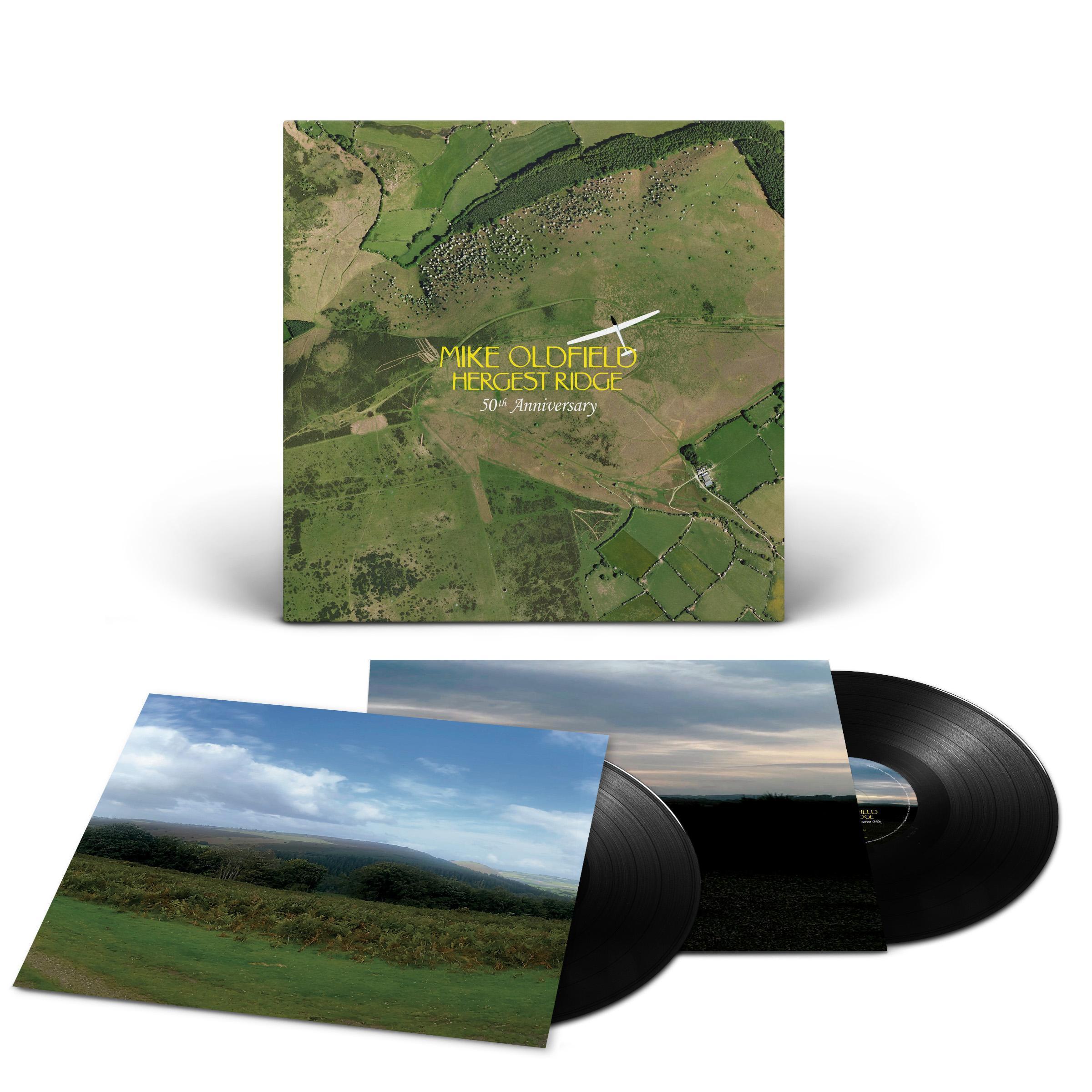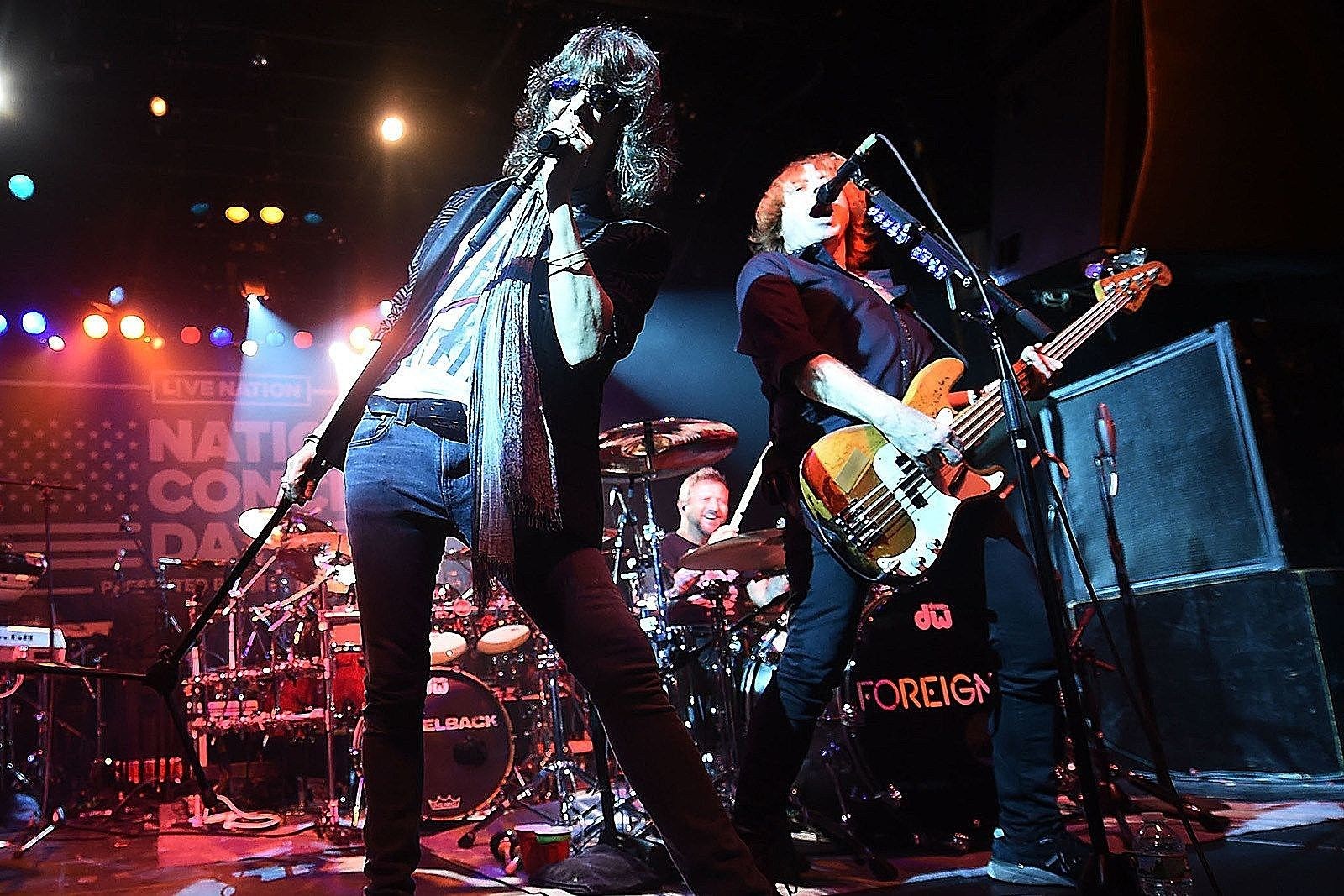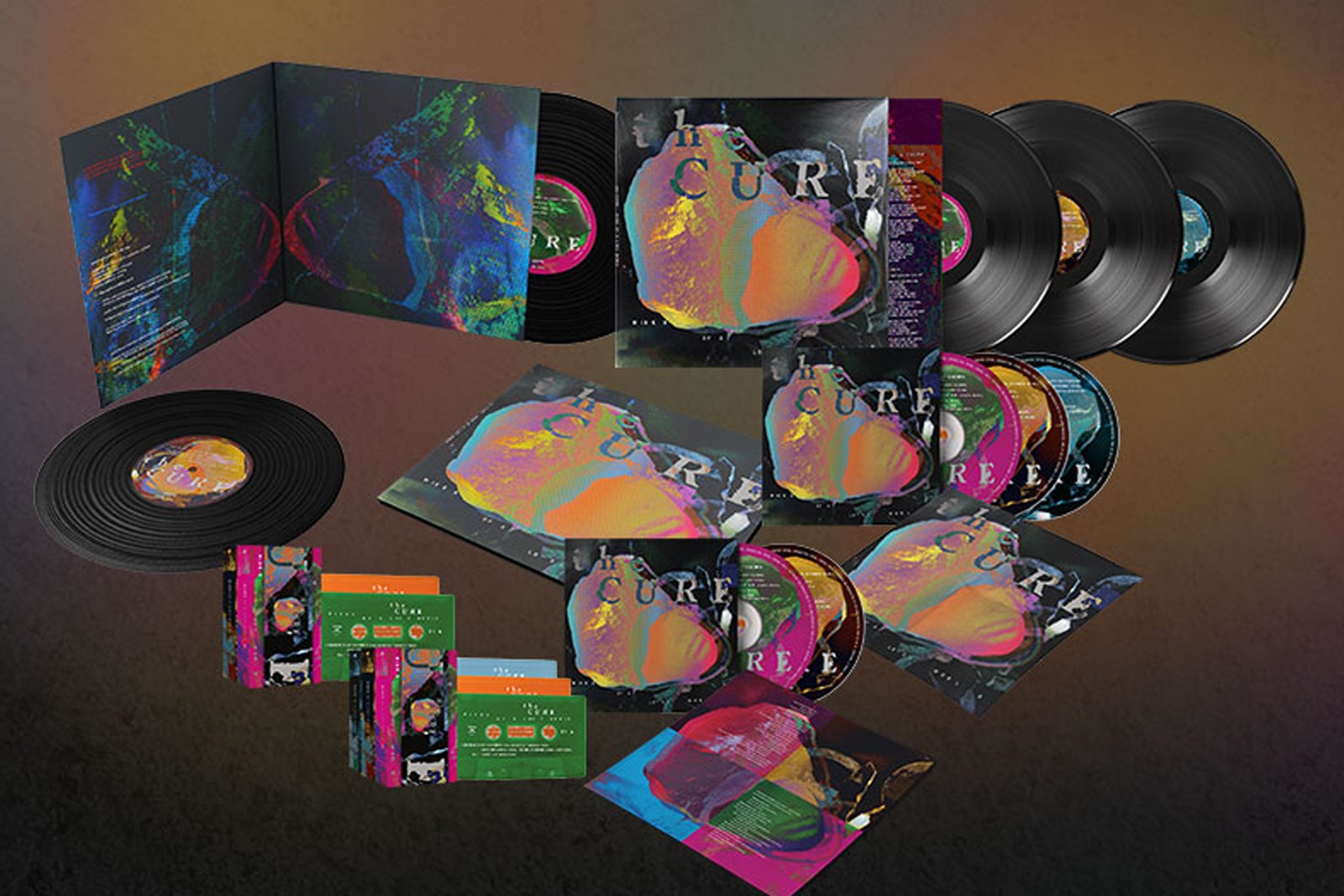
Feature Photo: Photograph: Koen Suyk. In: Nationaal Archief, Den Haag, Rijksfotoarchief: Fotocollectie Algemeen Nederlands Fotopersbureau (ANEFO), 1945-1989 – negatiefstroken zwart/wit, nummer toegang 2.24.01.05, bestanddeelnummer 928-9665, CC0, via Wikimedia Commons
The Sex Pistols emerged from the heart of London’s underground in the mid-1970s and instantly turned the music world on its head. Formed in 1975, the band’s original lineup featured vocalist Johnny Rotten (John Lydon), guitarist Steve Jones, drummer Paul Cook, and bassist Glen Matlock, later replaced by Sid Vicious. Managed by Malcolm McLaren, the Pistols weren’t just a band—they were a cultural detonation, pushing back against the stale excess of mainstream rock with raw aggression, nihilism, and unapologetic confrontations. Their earliest performances ignited controversy and attention, helping to launch a movement that would define punk music in the UK and ripple across the world.
Though the band’s recording history is brief, it is monumental. Their only studio album, Never Mind the Bollocks, Here’s the Sex Pistols, was released in 1977 and immediately became a flashpoint. Featuring tracks like “Anarchy in the U.K.,” “God Save the Queen,” “Pretty Vacant,” and “Holidays in the Sun,” the album was banned in multiple places yet still climbed to No. 1 on the UK Albums Chart. With snarling vocals, explosive guitar work, and lyrics that spat in the face of Britain’s institutions, the record captured the frustrations of a generation. To this day, it remains one of the most influential albums in rock history.
From their earliest singles, the Sex Pistols polarized the public. “Anarchy in the U.K.,” their 1976 debut, was a declaration of chaos, rebellion, and disdain for the status quo. “God Save the Queen” followed, arriving during the Queen’s Silver Jubilee and openly mocking the monarchy. Its release triggered outrage, was banned by the BBC, and yet, still soared to No. 2 on the UK Singles Chart—many believe it was intentionally kept from No. 1. The band’s presence wasn’t just heard—it was felt across every level of society, from tabloid headlines to government discussions.
The band’s live performances were equally notorious. Gigs were often canceled due to public backlash, and when they did play, the shows were volatile and unpredictable. The addition of Sid Vicious in early 1977—while increasing the band’s dangerous mystique—also accelerated internal turmoil. His erratic behavior, fueled by drug addiction and a lack of musical experience, contributed to the group’s collapse. By the time the band embarked on their only U.S. tour in January 1978, tensions had reached a breaking point. After a now-infamous show in San Francisco, Rotten walked offstage and quit, uttering the iconic line: “Ever get the feeling you’ve been cheated?”
The Sex Pistols officially disbanded in 1978, just two years after their first single. In the wake of their breakup, the story of Sid Vicious turned tragic. He was arrested for the murder of his girlfriend, Nancy Spungen, in New York and died of a heroin overdose in early 1979 while awaiting trial. His short life and brutal demise cemented the Sex Pistols’ legend as the ultimate symbol of punk self-destruction. Meanwhile, the remaining members pursued their own paths—Jones and Cook formed The Professionals, and Lydon launched Public Image Ltd. (PiL), taking his creativity in a more experimental direction.
Despite their short lifespan, the Sex Pistols left an outsized legacy. Their impact on punk rock—and rock music as a whole—cannot be overstated. Countless bands cite Never Mind the Bollocks as foundational. Their rejection of corporate music culture inspired generations of DIY artists, while their fashion and image, influenced by McLaren and designer Vivienne Westwood, changed how musicians looked and what they represented. They weren’t built for longevity—but in two short years, they said and did more than many bands manage in decades.
The group reunited several times in the decades that followed, beginning with the Filthy Lucre Tour in 1996. Though often framed as cash-grabs, these reunions were surprisingly well-received and brought their music to new audiences. They also played major festivals and one-off shows in the 2000s, including performances at the Crystal Palace and in Japan. While some criticized the irony of punk’s most anti-establishment band reuniting for large-scale gigs, others saw it as a celebration of their uncompromising spirit.
In 2006, the Sex Pistols were inducted into the Rock and Roll Hall of Fame, though true to form, they refused to attend the ceremony. Instead, they issued a scathing open letter that mocked the institution as “urine in wine.” It was an entirely appropriate response from a band that never played by anyone’s rules—not in the ’70s, and not three decades later.
Outside of music, the Pistols have remained part of broader cultural conversations. Documentaries, biopics, and books have explored their influence, including The Filth and the Fury and Pistol, the 2022 FX series directed by Danny Boyle. These projects, while varied in accuracy and tone, underscore the enduring fascination with a band that burned out quickly but left behind a lasting scorch mark on popular culture.
Beyond their headline-grabbing image, the core of the Sex Pistols’ legacy lies in their challenge to conformity. They created music that wasn’t about virtuosity but about message, attitude, and disruption. They didn’t just criticize the system—they embodied a full-scale rejection of it, paving the way for independent labels, underground scenes, and alternative voices in music that flourished in the decades after.
Each member has contributed to that legacy in their own way. Johnny Rotten remained a provocative figure in and out of music. Steve Jones and Paul Cook continued performing and recording over the years. Even Matlock, who left before their most infamous moments, remained a working musician, often speaking publicly about his role in the band’s early songwriting. Their individual paths diverged, but each helped shape the ethos that made the Sex Pistols endure.
Today, the Sex Pistols are remembered not for a vast catalog, but for the fire they ignited. One album, a handful of singles, and a short tour were enough to upend the music industry and rewrite the rules of what a rock band could be. Their legacy is loud, defiant, and impossible to ignore.
Complete List Of Sex Pistols Songs From A to Z
- Anarchy in the U.K. – Never Mind the Bollocks, Here’s the Sex Pistols – 1977
- Anarchy in the U.K. – Anarchy in the UK: Live at the 76 Club – 1976/1985
- Bodies – Never Mind the Bollocks, Here’s the Sex Pistols – 1977
- C’mon Everybody – Single – 1979
- Did You No Wrong (B-Side of Virgin God Save the Queen) – Never Mind the Bollocks, Here’s the Sex Pistols (2012 remastered edition) – 1977
- Don’t Give Me No Lip, Child (Dave Berry) – Anarchy in the UK: Live at the 76 Club – 1976/1985
- E.M.I. – Never Mind the Bollocks, Here’s the Sex Pistols – 1977
- Friggin’ in the Riggin’ (B-side of “Something Else”) – Single – 1979
- God Save the Queen – Never Mind the Bollocks, Here’s the Sex Pistols – 1977
- Holidays in the Sun – Never Mind the Bollocks, Here’s the Sex Pistols – 1977
- I Wanna Be Me (B-side of “Anarchy in the U.K.”) – Single – 1976
- I Wanna Be Me – Anarchy in the UK: Live at the 76 Club – 1976/1985
- I’m a Lazy Sod (aka “Seventeen”) – Anarchy in the UK: Live at the 76 Club – 1976/1985
- (I’m Not Your) Steppin’ Stone (Tommy Boyce, Bobby Hart) – Single – 1980
- (I’m Not Your) Steppin’ Stone (Tommy Boyce, Bobby Hart) – Anarchy in the UK: Live at the 76 Club – 1976/1985
- Liar – Never Mind the Bollocks, Here’s the Sex Pistols – 1977
- Liar – Anarchy in the UK: Live at the 76 Club – 1976/1985
- My Way (B-side of “No One Is Innocent”) – Single – 1978
- New York – Never Mind the Bollocks, Here’s the Sex Pistols – 1977
- New York (titled “Dolls (New York)”) – Anarchy in the UK: Live at the 76 Club – 1976/1985
- No Feelings – Never Mind the Bollocks, Here’s the Sex Pistols – 1977
- No Feelings – Anarchy in the UK: Live at the 76 Club – 1976/1985
- No Fun (The Stooges) – Never Mind the Bollocks, Here’s the Sex Pistols (2012 remastered edition) – 1977
- No Fun (Alexander, Asheton, Asheton, Pop) – Anarchy in the UK: Live at the 76 Club – 1976/1985
- No Lip (titled “Don’t Give Me No Lip, Child”) – Anarchy in the UK: Live at the 76 Club – 1976/1985
- No One Is Innocent – Single – 1978
- PA Trouble – Anarchy in the UK: Live at the 76 Club – 1976/1985
- Pretty Vacant – Never Mind the Bollocks, Here’s the Sex Pistols – 1977
- Pretty Vacant – Anarchy in the UK: Live at the 76 Club – 1976/1985
- Problems – Never Mind the Bollocks, Here’s the Sex Pistols – 1977
- Problems – Anarchy in the UK: Live at the 76 Club – 1976/1985
- Satellite – Never Mind the Bollocks, Here’s the Sex Pistols (2012 remastered edition) – 1977
- Satellite – Anarchy in the UK: Live at the 76 Club – 1976/1985
- Seventeen – Never Mind the Bollocks, Here’s the Sex Pistols – 1977
- Silly Thing – Single – 1979
- Something Else – Single – 1979
- Submission – Never Mind the Bollocks, Here’s the Sex Pistols (12-track version) – 1977
- Submission – Anarchy in the UK: Live at the 76 Club – 1976/1985
- Substitute (Pete Townshend) – Anarchy in the UK: Live at the 76 Club – 1976/1985
- The Great Rock ‘n’ Roll Swindle – Single – 1979
- Who Killed Bambi? (B-side of “Silly Thing”) – Single – 1979
Albums
Never Mind the Bollocks, Here’s the Sex Pistols (1977): 16 songs (including B-sides and tracks from 2012 remastered edition)
Singles (1976-1980): 9 additional songs
Anarchy in the UK: Live at the 76 Club (1976/1985): 16 songs
Check out our fantastic and entertaining Sex Pistols articles, detailing in-depth the band’s albums, songs, band members, and more…all on ClassicRockHistory.com
Read More: Classic Rock Bands List And Directory
Complete List of Sex Pistols Songs From A to Z article published on ClassicRockHistory.com© 2025

















